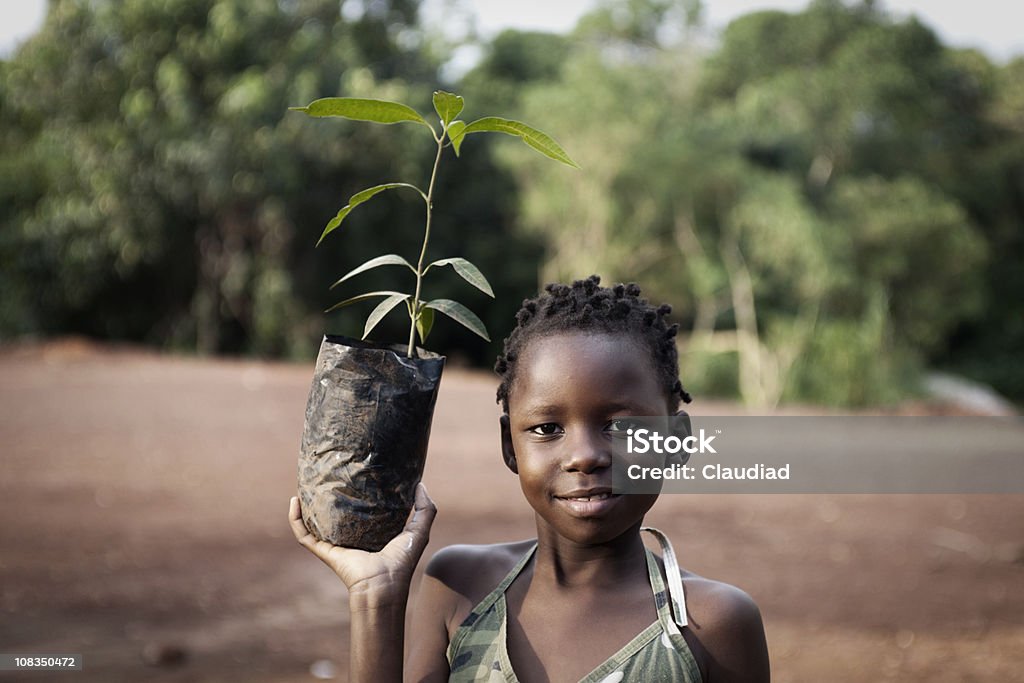Christian Toben, Head of Financial Institutions for Emerging Markets at Commerzbank, highlights the substantial opportunities for establishing a sustainable future in Africa, which are as significant as the challenges the continent faces. He discusses positive initiatives contributing to Africa’s ESG (Environmental, Social, and Governance) agenda and underscores the essential role of financial institutions in facilitating Africa’s emergence as a prominent green energy hub on the global stage.
According to a survey conducted by the African Private Equity and Venture Capital Association, nearly 97% of respondents consider ESG principles a vital factor in their investment decisions. This suggests that ESG considerations are now equally crucial in Africa’s development as they are in well-established markets like Europe and North America.
This trend is not entirely surprising, given that climate change poses significant threats to various African regions, motivating them to adopt ESG initiatives. Nevertheless, challenges related to social and governance (S&G) issues continue to hinder investments across Africa, raising questions about the full realization of Africa’s ESG potential. In this context, global financial institutions incentivized by ESG can play a pivotal role in bridging the funding gap for emerging markets and advancing the ESG agenda.
However, challenges are evident, particularly when it comes to addressing the intricacies of ESG reporting in emerging markets. There are over 600 ESG reporting standards worldwide, and legislative changes are occurring rapidly. While businesses in developed economies have been adhering to ESG policies for many years, emerging markets may not be as familiar with the procedures linked to specific regulations. ESG standards vary significantly across African markets, with many companies keeping a close watch on their internal ESG data. However, the absence of uniformity means that publicly available ESG disclosures are not easily accessible to investors, which, in turn, discourages much-needed investment. There are ongoing efforts to standardize ESG-related disclosures and legislation, but the current scenario remains highly complex for businesses in emerging markets to navigate.


Way forward to the complexity of ESG Standards
Nevertheless, there are obstacles to overcome, especially when it comes to navigating the complexities of ESG reporting in emerging markets. The global landscape features a plethora of over 600 ESG reporting standards, and legislative changes continue to progress rapidly. While businesses in developed economies have been adhering to ESG policies for an extended period, emerging markets may not be as familiar with the processes associated with specific regulations. ESG standards vary significantly across African markets, and many businesses meticulously track their ESG data internally. However, the absence of uniformity means that publicly available ESG disclosures are not easily accessible to investors, thus discouraging much-needed investments. Initiatives are underway to standardize ESG-related disclosures and legislation, but at present, the environment remains highly intricate for businesses in emerging markets.
Furthermore, global ESG regulations may not entirely align with the requirements of the African market. Regulations drafted in developed countries, which significantly impact African businesses involved in international supply chains, often primarily address environmental concerns, potentially neglecting critical social and governance priorities in other regions. Given that Africa is responsible for less than 4% of the world’s greenhouse gas emissions, ESG regulations that disproportionately emphasize environmental factors may not be the most effective way to address ESG needs in Africa. In fact, the EU’s sustainable textiles strategy has faced criticism from civil society advocates for not adequately addressing human rights issues in the supply chain. Hence, a one-size-fits-all regulatory approach is insufficient for addressing the diverse circumstances in Africa and globally, necessitating flexibility.
In the meantime, countries in the region are making substantial progress with their own goals and initiatives. Egypt serves as an example, where the Central Bank of Egypt and the Financial Regulatory Authority have jointly issued guidelines on sustainable finance and implemented policies that require companies listed on The Egyptian Exchange to disclose their climate impact. Additionally, the Egyptian government is actively promoting the ESG agenda on a national scale by encouraging the harmonization of sustainability policies across African markets, including advocating for the development of a taxonomy akin to the EU’s throughout the continent.
Opportunities Globalisation and Supply Chain
There are numerous opportunities in Africa to take advantage of the ESG (Environmental, Social, and Governance) landscape. For instance, the International Renewable Energy Agency and the African Development Bank have determined that Africa has significant potential for harnessing solar energy both within its regions and for export.
In West Africa, Nigeria is actively pursuing solar power projects to address the country’s ongoing electricity shortage issue. Almost half of Nigeria’s population lacks access to the electrical grid, and it is estimated that the inconsistent energy supply to Nigerian businesses costs the economy approximately $26 billion annually, equivalent to 2% of its GDP.
One prominent initiative in this regard is the Solar Power Naija Programme, which has already made substantial progress by establishing hundreds of thousands of solar connections. However, to reach its goal of extending energy access to 25 million people, Nigeria needs to address its infrastructure deficiencies. Positive steps have been taken, such as the signing of a $1.5 billion financing deal from the US Export-Import Bank in August 2022. This 20-year loan will support the development of new solar infrastructure, leading to a more robust power supply for Nigeria.
Africa’s potential to become a renewable energy hub is further enhanced by the disruption to global supply chains and trade routes caused by the pandemic and the Ukraine conflict. This has prompted businesses to consider relocating their manufacturing operations closer to consumer markets, such as those in Europe and North America. Additionally, the energy insecurity resulting from Russia’s

Photo Credit: Pixabay
invasion of Ukraine has led many countries to seek more diverse and secure energy sources, including renewable energy suppliers.
This situation presents opportunities for Africa, particularly North Africa, given its proximity to advanced, consumption-driven economies in Europe and North America.
Ensuring Green Energy In North Africa
There are numerous opportunities in Africa to take advantage of the ESG (Environmental, Social, and Governance) landscape. For instance, the International Renewable Energy Agency and the African Development Bank have determined that Africa has significant potential for harnessing solar energy both within its regions and for export.
In West Africa, Nigeria is actively pursuing solar power projects to address the country’s ongoing electricity shortage issue. Almost half of Nigeria’s population lacks access to the electrical grid, and it is estimated that the inconsistent energy supply to Nigerian businesses costs the economy approximately $26 billion annually, equivalent to 2% of its GDP.
One prominent initiative in this regard is the Solar Power Naija Programme, which has already made substantial progress by establishing hundreds of thousands of solar connections. However, to reach its goal of extending energy access to 25 million people, Nigeria needs to address its infrastructure deficiencies. Positive steps have been taken, such as the signing of a $1.5 billion financing deal from the US Export-Import Bank in August 2022. This 20-year loan will support the development of new solar infrastructure, leading to a more robust power supply for Nigeria.
Africa’s potential to become a renewable energy hub is further enhanced by the disruption to global supply chains and trade routes caused by the pandemic and the Ukraine conflict. This has prompted businesses to consider relocating their manufacturing operations closer to consumer markets, such as those in Europe and North America. Additionally, the energy insecurity resulting from Russia’s invasion of Ukraine has led many countries to seek more diverse and secure energy sources, including renewable energy suppliers.
This situation presents opportunities for Africa, particularly North Africa, given its proximity to advanced, consumption-driven economies in Europe and North America.




